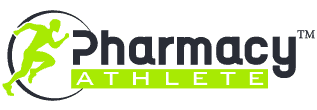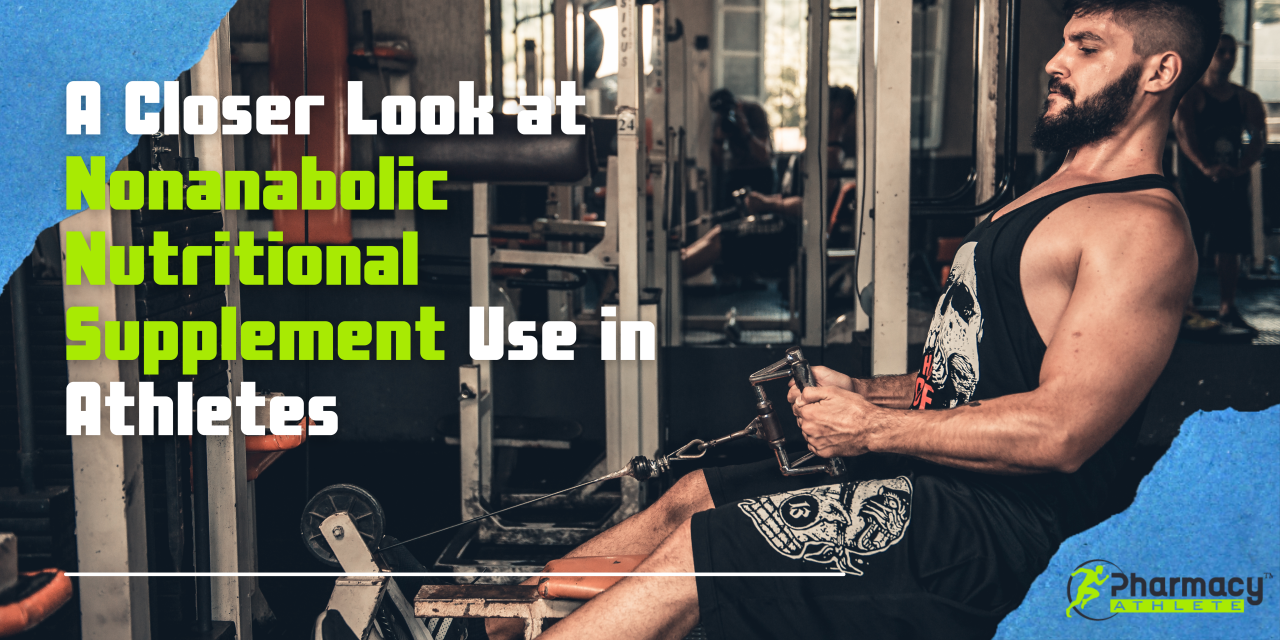Nonanabolic Nutritional Supplement
It’s no secret that aside from regular training and living a healthy lifestyle, a lot of athletes also use nonanabolic supplements to help improve their performance during competitions.
In fact, 38% of the 742 high school athletes who participated in a study admitted to using supplements, especially those who wanted to be part of collegiate sports.
62% of these participants said they believed that nonanabolic supplements helped improve their athletic performance and most of them were influenced by their parents, doctors and coaches.
It was also said that elite athletes used supplements more than students while women used more than men.
Despite its popularity, however, there hasn’t been a lot of studies conducted on benefits of long-term nonanabolic supplement use. Here, we take a closer look at the most common nutritional supplements with the goal of helping physicians and coaches offer the best advice regarding the use of these supplements:
Copper
- Naturally found in Pacific oysters, liver, nuts and sunflower seeds.
- It is usually bound to proteins, amino acids and peptides, and zing, fructose and vitamin C inhibits its absorption.
- Beneficial for its antioxidant properties and its contribution to the efficiency of iron use. It’s also an essential component of cytochrome and hemoglobin systems.
- A 2mg/day supplement can cost you $3/month.
Zinc
- Naturally found in potatoes, grains, oysters, red meats and legumes.
- It is an important component in the synthesis and regulation of proteins, membranes and enzymes, and it is also essential in the function of more than 100 enzymes.
- It is considered by athletes as a “well-being mineral” because of how it is perceived to enhance different physiologic systems. With exercise, there’s a 50% increase in zinc exertion, which is why athletes believe that supplementation is necessary.
- Zinc deficiency can lead to reduced wound healing and immune resistance, but most athletes take zinc supplements to improve muscle strength during contractions and increase endurance during competitions.
Magnesium
- Naturally found in seafood, nuts, whole grains, fruits and dark-green leafy vegetables.
- It contributes to more than 300 enzymatic reactions resulting to better fatty acid and carbohydrate metabolism. It is also believed by athletes to help increase muscle mass to improve physical strength and endurance.
- Supplementation may be recommended for athletes with caloric restrictions in their diets.
B complex and mutlivitamins
- Multivitamins usually include B complex, vitamin A, B1, B2, B3 and B6, folic acid and pantothenic acid.
- Reported benefits of multivitamin supplementation include increased energy from ATP, lactic acid and oxygen substrate usage, and increased physical power.
- Most multivitamins sold on the market cost $5 to $15/month and has up to 500% of the recommended daily intake.
Vitamin C
- Naturally found in fruits, fortified cereals and vegetables.
- 80% to 90% absorbed in the body, this vitamin plays an important role in the synthesis of carnitine, neurotransmitters and catecholamines.
- Most athletes take vitamin C to protect them from getting sick when competing by enhancing their immune system.
- Vitamin C deficiency can lead to weakness, fatigue and even depression.
Vitamin E
- Naturally found in whole grains, vegetable oils, nuts, fortified cereals and wheat germ.
- It works primarily by maintaining red cell blood membrane integrity making it an effective antioxidant. This makes it efficient as an antioxidant protection at high altitudes, which is why it’s only applicable to a number of athletes competing in high altitude conditions.
- Vitamin E deficiency can result to an increased risk for coronary artery disease and cancer as well as reduced immunity.
Calcium
- Naturally found in dark-green leafy vegetables, dairy products, legumes and fortified commercial orange juice.
- It is believed to help increase bone mineral density, especially in amenorrheic women and it also improves physical power and muscle contractility.
- High doses of calcium interferes with the absorption of iron and zinc, which is why it’s only recommended for athletes who cannot tolerate dairy products.
Iron
- Naturally found in fish, meat, whole grains, poultry, dried fruits and leafy vegetables.
- It is reported to boost aerobic and endurance capacity by reducing lactic acid production, glucose oxidation and respiratory quotient.
- Iron deficiency leads to fatigue depression and cold intolerance.
Chromium
- Naturally found in meat, grains, yeast, mushrooms and fresh fruits and vegetables.
- It is popular as a safer anabolic hormone that helps boost body mass and it works by potentiating the metabolic activity of insulin.
- Chromium deficiency can result to increased glucose requirements and increases insulin levels.
Selenium
- Naturally found in meat, liver, seafood, kidney, nuts and whole grains.
- It works by enhancing oxygen transport to boost aerobic power, which makes it good for providing antioxidant protection to athletes, especially during intense physical training.
- Selenium deficiency results to osteoarthritis, cardiomyopathy and a higher risk for coronary artery disease and cancer.
Caffeine
- Naturally found in more than 60 plant species and a wide range of food and beverages around the world.
- It works by improving metabolic rate, increase mental awareness and improving resistance to fatigue and exhaustion.
- Athletes need to take caffeine in moderation, especially since the International Olympic Committee (IOC) has now set a urinary threshold for caffeine use in athletes.
Ginseng
- The four most popular ginseng sources include Siberia, Japan, America and China/Korea.
- It works primarily by boosting the resistance to the catabolic effects of exercise.
Creatine
- Naturally found as free form and as part of creatine phosphate that’s converted by creatine kinase during ATP regeneration.
- It works by improving power when performing anaerobic, high intensity but short duration physical activity.
A lot of studies still need to be conducted to help doctors and coaches to understand nutritional supplementation better.
It’s essential for these professionals to know which supplementations fit the needs of an athlete to maximize their effects and avoid the risks related to them.


